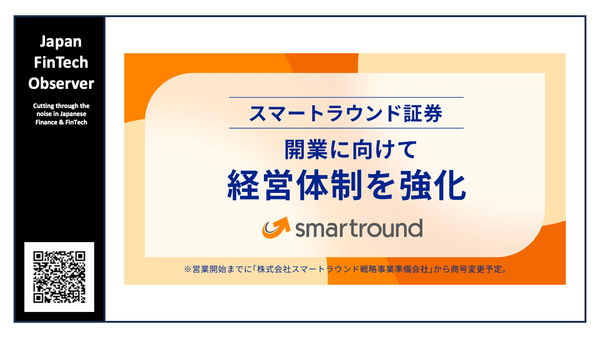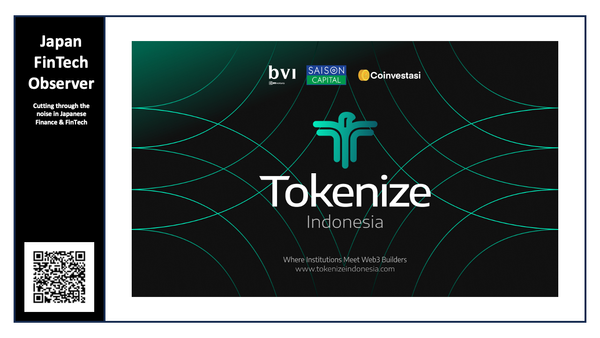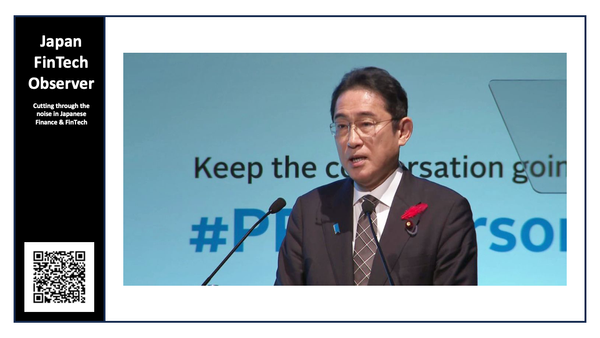Measures to simplify digital wage payments

The Regulatory Reform Promotion Council held its 22nd session on December 25, 2024, and was reviewing its comprehensive interim report, which also included measures to simplify the rules for digital wage payments in order to promote a cashless society. Detailed discussion are to commence in the first half of FY2025, and the implementation is to proceed promptly once a conclusion is reached.
First, the Ministry of Health, Labour and Welfare will provide appropriate advice to fund transfer business operators that are pending applications as of the end of November 2024 so that they can be designated promptly within the fiscal year (i.e., by the end of March 2025). Currently, only PayPay and Recruit MUFG Business are licensed.
From the perspective of speeding up future designation reviews, the Ministry of Health, Labour and Welfare will clarify, for example, the frequency with which business operators check the validity of accounts (hereinafter referred to as "designated substitute accounts") for receiving the amount exceeding the upper limit of digital wage payment accounts or the amount of repayment by guarantee institutions when a fund transfer business operator goes bankrupt, so that the designation requirements will be met if the account is checked every six months to one year, taking into account the business operator's system and service content.
In addition, the entire designation process will be clarified so that business operators can reasonably predict the time required for procedures, including the time for consultation that is not included in the standard processing period (about two months).
Second, in the June 2023 Regulatory Reform Implementation Plan, the Ministry of Health, Labor and Welfare stated that "approximately two years after the implementation of the system, we will begin to examine whether there are any issues, including the nature of necessary and sufficient requirements, based on the status of system usage." In light of this, in cooperation with the Financial Services Agency, the Ministry will consider the need to review the following items, including whether they should be revised, from the perspective of effectively promoting the social implementation of digital wage payments while ensuring the safety and certainty of workers' wages.
- Asset preservation requirements in the event of the bankruptcy of a money transfer service provider: If the diversification of methods for returning user funds in the event of the bankruptcy of a money transfer service provider, which is being discussed, is realized, the asset preservation methods under the Fund Settlement Act (Act No. 59 of 2009) will allow direct return to workers by guarantee companies, etc., and this will ensure the prompt return of funds to workers in the event of the bankruptcy of a money transfer service provider. In light of this, the asset preservation requirements will be abolished or significantly relaxed. In doing so, the requirement that payments be made to workers within six business days in the event of bankruptcy will also be reviewed.
- Requirement to have a designated alternative account: In order to make workers without bank accounts, including foreigners, eligible for digital wage payments, the requirement that the designated alternative account be limited to a savings account, etc., should be reviewed, taking into full consideration the opinions of those who appropriately represent the interests of the workers, and alternative methods such as remittance to a bank account held by the foreigner in his/her home country and repayment via ATM should be allowed.
- Other requirements: When determining whether a fund transfer business operator, as stipulated in the Enforcement Regulations of the Labor Standards Act, has the technical capabilities and social credibility, certification by a third-party organization regarding the handling of personal information (Privacy Mark) will not be required. In addition, when making cash withdrawals from digital wage payment accounts, the requirement to make withdrawals in units of 1 yen will be abolished, and withdrawals in units of paper money, for example, will be permitted.
Please follow us to read more about Finance & FinTech in Japan, like hundreds of readers do every day. We invite you to also register for our short weekly digest, the “Japan FinTech Observer”, on LinkedIn, or directly here on the platform.
We also provide a daily short-form Japan FinTech Observer news podcast, available via its Podcast Page. Our global Finance & FinTech Podcast, “eXponential Finance” is available through its own LinkedIn newsletter, or via its Podcast Page.
Should you live in Tokyo, or just pass through, please also join our meetup. In any case, our YouTube channel and LinkedIn page are there for you as well.




